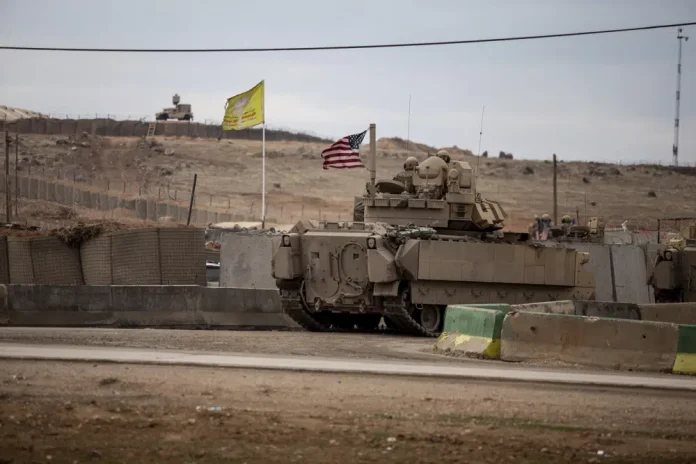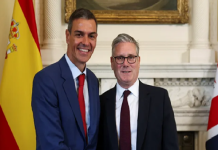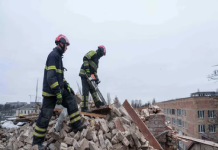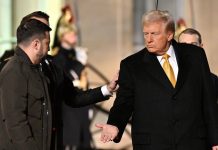BEIRUT(AP) December,10– After weeks of deadly Turkish airstrikes in northern Syria, Kurdish forces and international officials are trying to assess whether the threat of a Turkish ground invasion is serious.
Turkish President Recep Tayyip Erdogan has repeatedly warned of a new land invasion to push Kurdish groups from the Turkish-Syrian border following the November 13 deadly bomb attack in Istanbul. Turkish authorities have accused the outlawed Kurdistan Workers’ Party (PKK) and the Syrian-based People’s Protection Units (YPG) of the attacks. Both have denied any involvement. On November 20, Ankara launched a series of airstrikes that killed dozens, including civilians, Kurdish fighters and Syrian government forces. Human Rights Watch warned that the strikes exacerbate the humanitarian crisis by cutting off power, fuel and aid.
In a recent development, Russian Deputy Foreign Minister Sergei Vershinin flew to Turkey this week for talks on the situation in Syria.
Let’s see what the various foreign powers and groups involved in the Syrian conflict gain or lose.
Turkey sees Kurdish forces along its border with Syria as a threat and has launched three major military incursions since 2016, controlling much of the territory. Erdogan wants to resettle many of Turkey’s 3.6 million refugees in northern Syria and has started building housing units there. The plan counters the growing anti-refugee sentiment in Turkey and strengthens the support of President Erdogan ahead of next year’s elections while moving non-Kurdish Syrian refugees there to prevent Kurds from historically There is possibility of diluting the areas that occupy the majority.
Erdogan also announced his plans to create a 30-kilometre security corridor in areas now under Kurdish control. A planned Turkish invasion earlier this year was called off amid opposition from the United States and Russia.
Kurdish groups have called on the US and Russia in northern Syria to again deter Turkey from using the threat. Kurds now worry that the West will pull out to appease Ankara in exchange for Sweden and Finland agreeing to join NATO.
“This silence on Turkish atrocities will encourage Turkey to conduct ground operations,” said Badran Zia Kurd, deputy co-chair of the North and East Syrian Autonomous Authority.
Kurdish groups that have worked with the US-led coalition to fight Islamic State have warned that Turkey’s escalation would jeopardize efforts to root out the extremist group.
In recent weeks, U.S. and Kurdish-led Syrian Democratic Forces officials said they had suspended or scaled back joint patrols against ISIS over airstrikes, but the patrols have since resumed.
The so-called Syrian National Army, a coalition of Turkish-backed Syrian opposition groups, has tens of thousands of fighters and will likely provide infantry for future ground attacks. In previous attacks, including the 2018 attack on the city of Afrin, the SNA has been accused of perpetrating atrocities against Kurds and displacing tens of thousands of people from their homes.
Several of his SNA officials did not respond to calls or texts from the AP. The responding official said Turkish officials instructed him not to discuss plans for a new invasion.
The Syrian government has resisted previous Turkish aggressions but sees the Self-Defense Forces as a separatist force and a US Trojan horse imposing crippling sanctions on the Bashar Assad regime. Damascus and Ankara recently sought to mend ties after 11 years of tension caused by Turkey’s support for rebel fighters in the Syrian civil war. Damascus remains relatively quiet about the murder.
Saturday, February 21, 2026
More
© London Post, All Rights Reserved by Independent Media Group UK Limited.






